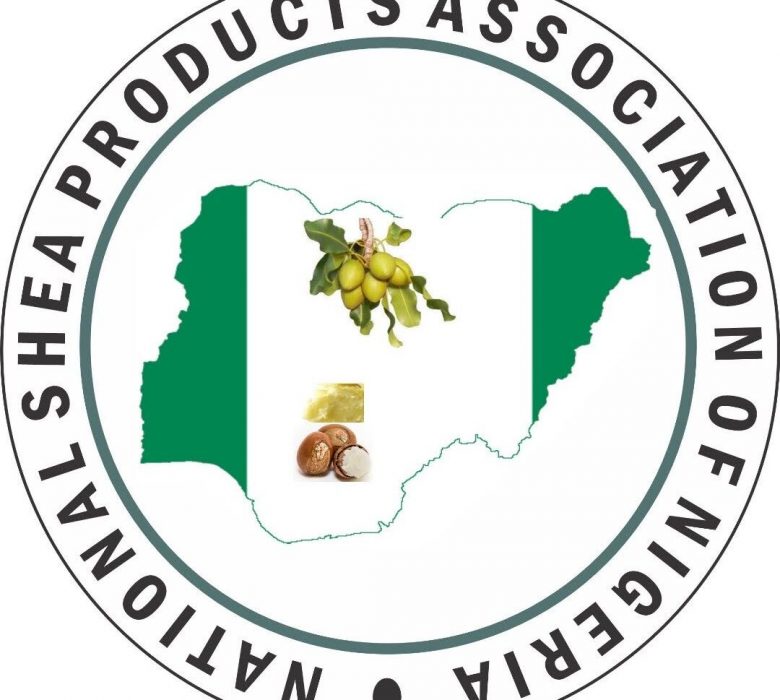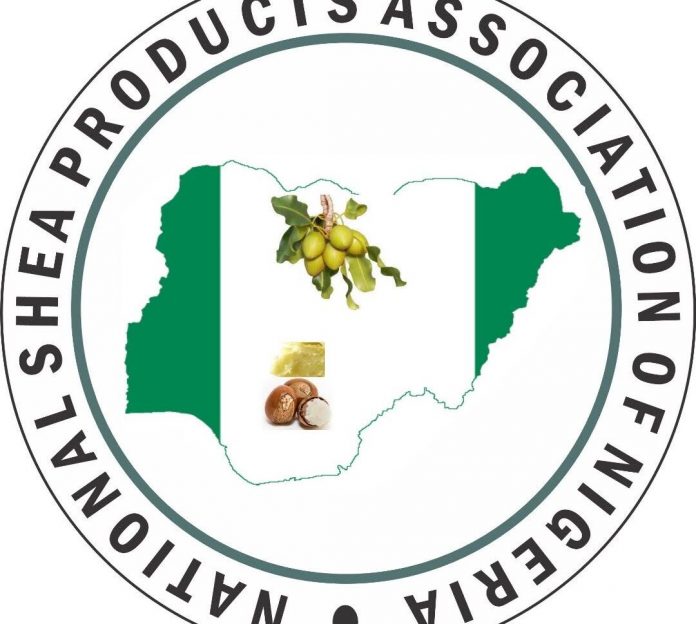The Network of Practicing Non-oil Exporters of Nigeria (NPNEN) has hosted a townhall meeting to discuss the impact of the Federal Government’s temporary ban on raw shea nut exports, with participants voicing strong concerns over the policy’s negative effects on farmers, small and medium-sized enterprises (SMEs), and exporters.
The meeting, which brought together members of the National Shea Products Association of Nigeria (NASPAN), private sector operators, and practitioners across the shea value chain, highlighted the lack of consultation with stakeholders before the announcement of the ban. Speakers noted that the sudden restriction had disrupted existing export contracts, threatened the livelihoods of local farmers, especially women and increased the risk of smuggling across Nigeria’s borders.
Participants called for more inclusive and evidence-based policymaking, stressing that sudden bans without adequate preparation often undermine government objectives. Comparisons were drawn with Ghana’s phased and structured approach to managing its shea industry, which stakeholders described as a model Nigeria could learn from.

As part of the resolutions, NASPAN committed to developing a phased approach proposal for implementing any future export restrictions, while also submitting evidence of the ban’s impact, including data and photographs, to the government. Exporters were urged to document their contract situations for possible exemptions, while the Federal Government was tasked with addressing enforcement challenges at the borders and exploring measures to cushion SMEs from losses.
The meeting also went beyond shea to address broader challenges in Nigeria’s agricultural trade policies, including recent restrictions on cocoa, cashew, and maize. Stakeholders emphasized the urgent need for a structured and consistent framework for government-private sector engagement, warning that policy instability was discouraging investment and growth in the sector.
Plans were confirmed to convene a larger stakeholder conference in February to further chart a coordinated path for the shea industry and strengthen advocacy for better trade policy formulation in Nigeria.


